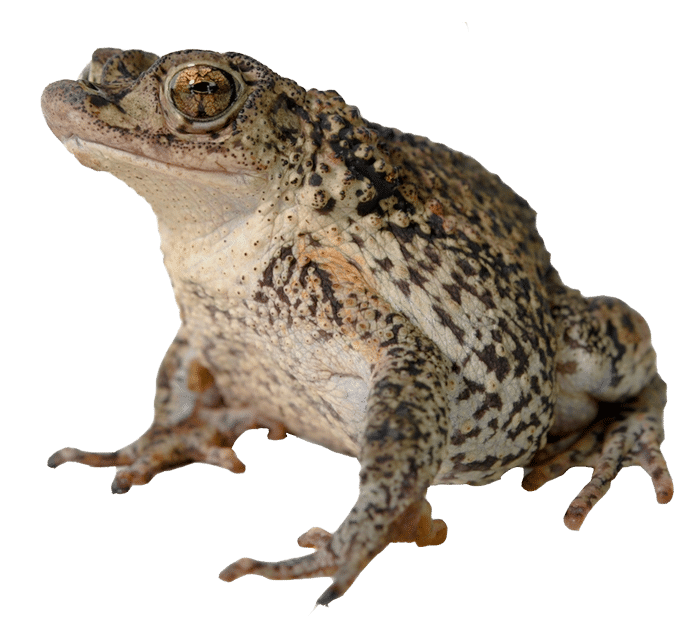
Tadpole Delivery From Tampa to Puerto Rico Could Save This Endangered Species
Thousands of crested toad tadpoles were sent from ZooTampa to their native island, Puerto Rico. Scientists hope that this is a step towards restoring the critically endangered amphibian in their natural habitat.
The Puerto Rican crested toad is the islands only native toad species. For centuries it flourished, but for the better half of the 20th century, it was believed to be extinct – that is up until 1967. The crested toad is an essential part of the island’s ecosystem. It is estimated that fewer than 3,000 adult toads remain in the wild outside of the current breeding initiatives.
As a participating zoo in the Association of Zoos and Aquariums Species Survival Plan (one of only a few around the world), ZooTampa’s toad breeding program works toward re-populating this species through the transplanting of tadpoles. ZooTampa’s herpetology and veterinary teams worked tirelessly to replicate the natural reproduction process for these toads – from temperature-controlled habitats to playing mating calls. These needed steps were taken to ensure the toads’ success in dropping fertilized eggs.
The transplant process task is easier said than done. There is only a small-time frame for the tadpoles to be safely sent to Puerto Rico. Along with this, very particular temperatures need to be maintained to ensure strong tadpoles along with ample oxygen in their shipping packages.
The tadpoles arrived in Puerto Rico and are now being released into protected managed ponds where biologist will monitor their progress.
“These tadpoles represent hope for this critically endangered species,” said Dan Costell, associate curator of Herps & Aquatics Department at ZooTampa. “Many amphibian species, such as the Puerto Rican crested toad, are threatened with extinction due to habitat loss, climate change, pollution, infectious diseases and other factors. Bolstering the population of these toads in their natural environment is a real win for conservation.”


 Previous
Previous
